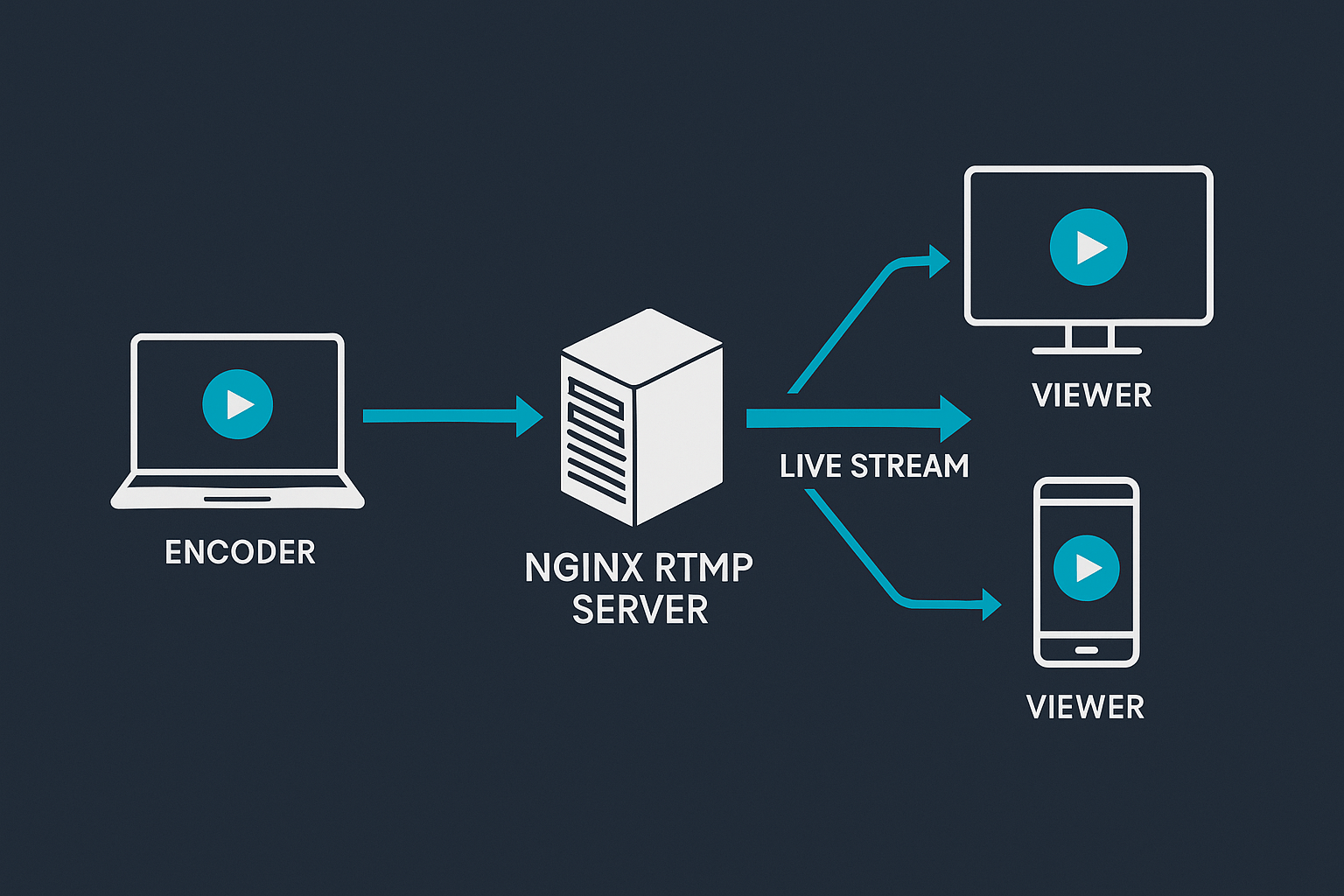by
Category: rtmp server

RTMP streaming in practice: from encoder to audience
Understanding how RTMP streaming actually works helps broadcasters troubleshoot issues and optimize quality.

Enhancing Online Sports Betting Platforms with RTMP Server’s Dedicated Hosting Solutions
Introduction: The dynamic world of online sports betting demands not only speed and accuracy but also uninterrupted service and security, especially during high-traffic events like major sports matches. As the…
by
RTMP Server in the era of HTTP video streaming
Given the growing popularity and support of HTTP video streaming, it may be tempting to consider Real Time Messaging Protocol (RTMP) streaming obsolete. But in many cases, working with RTMP…
by






